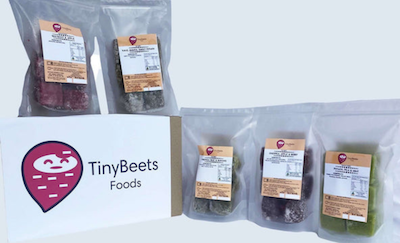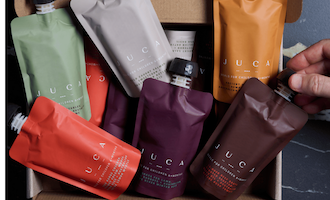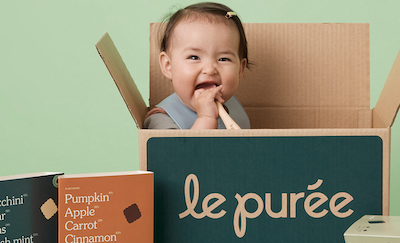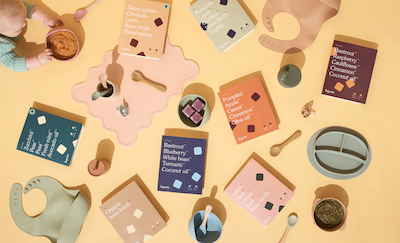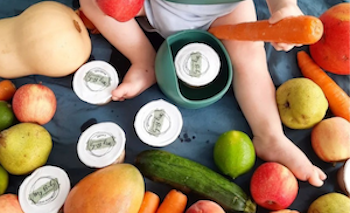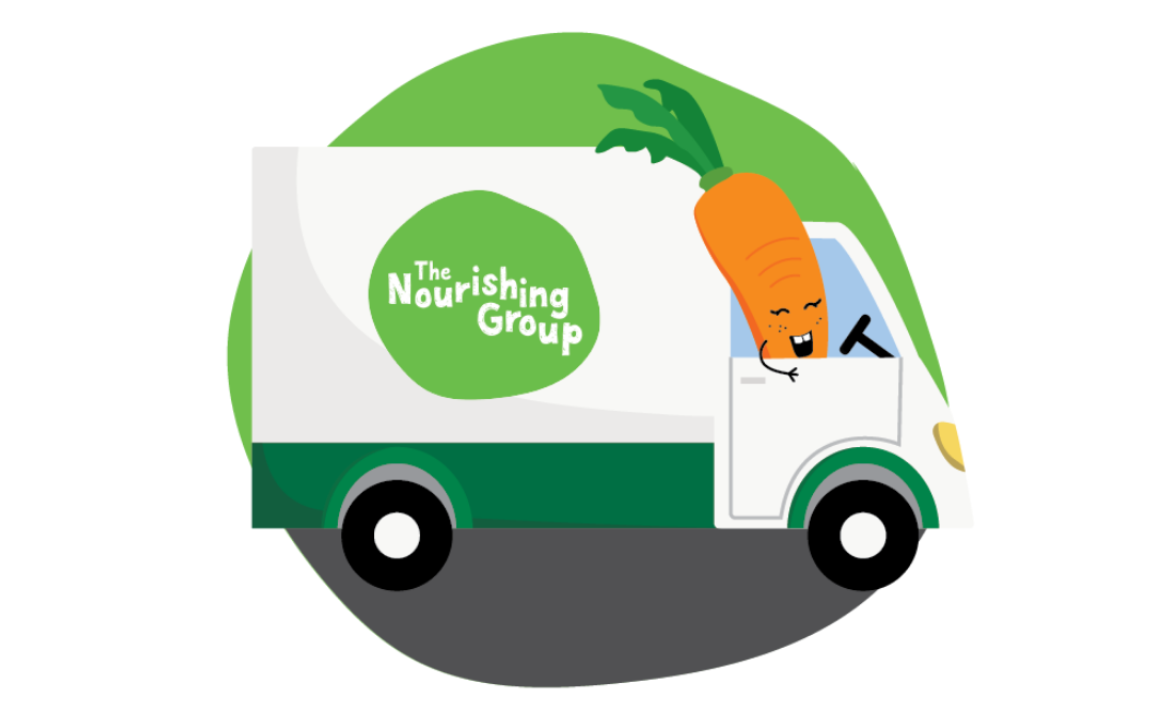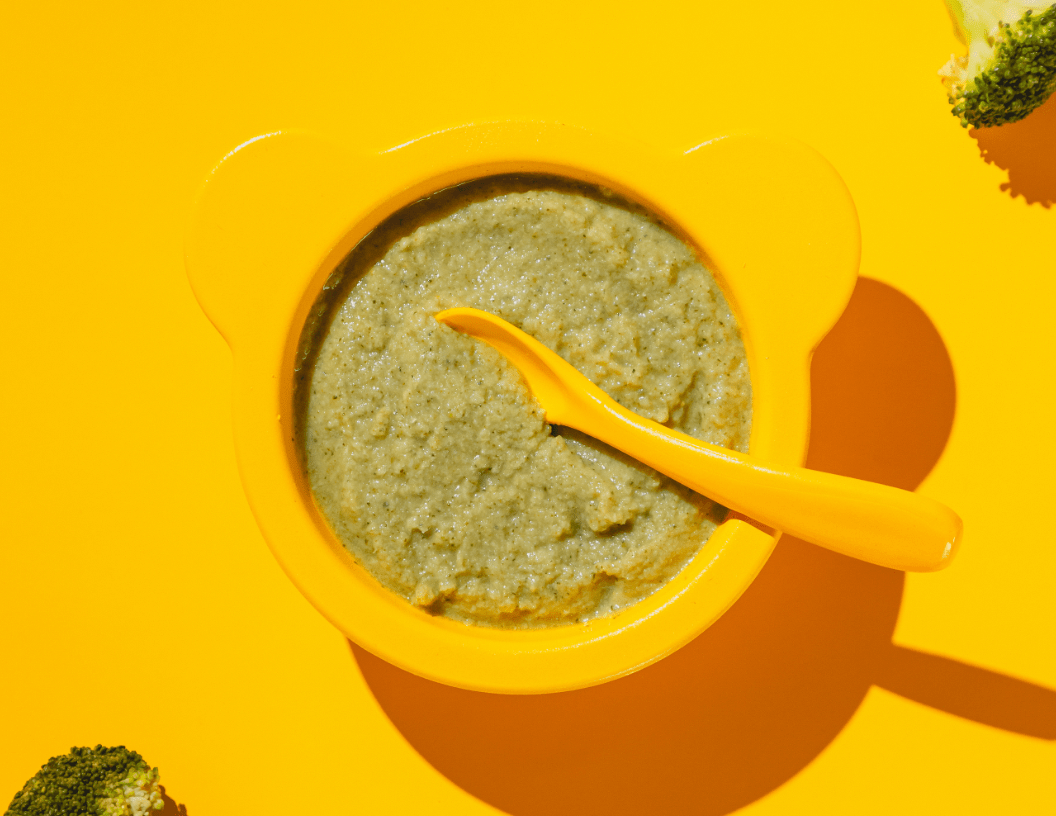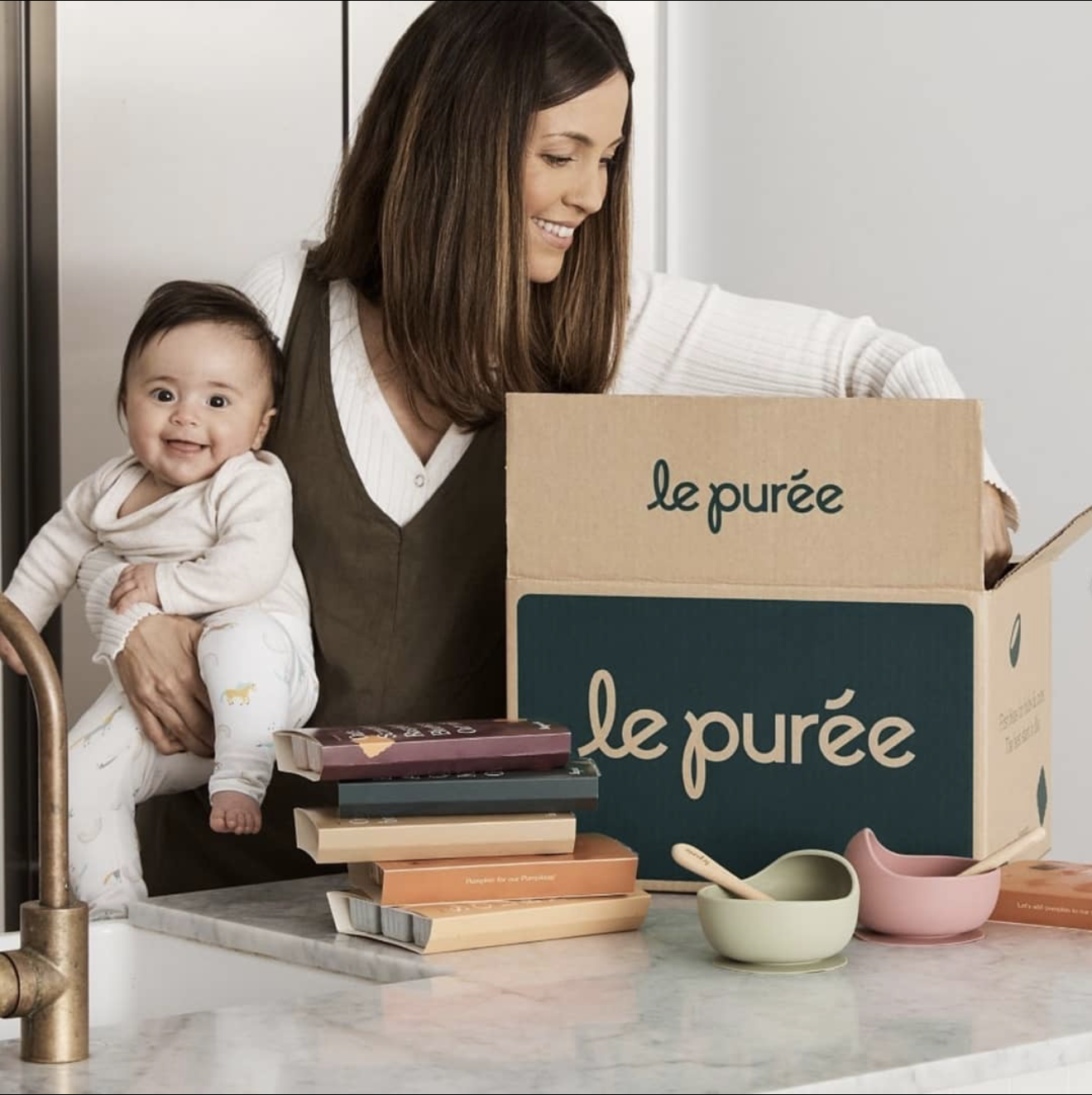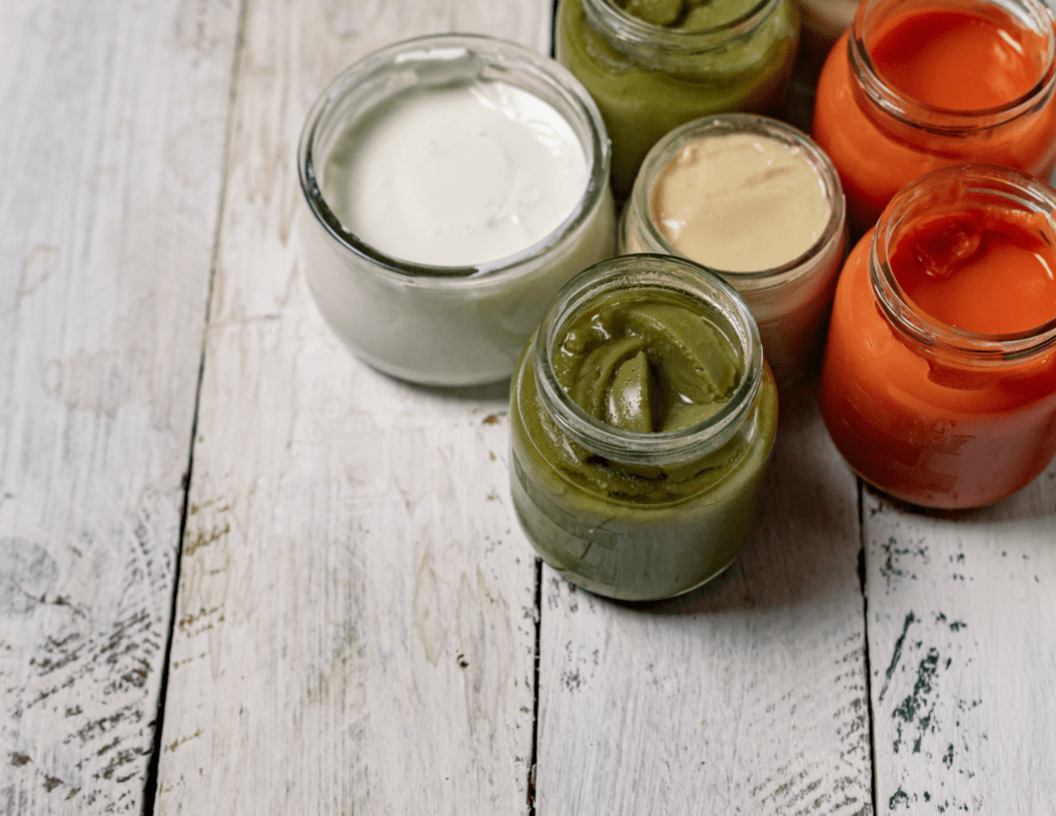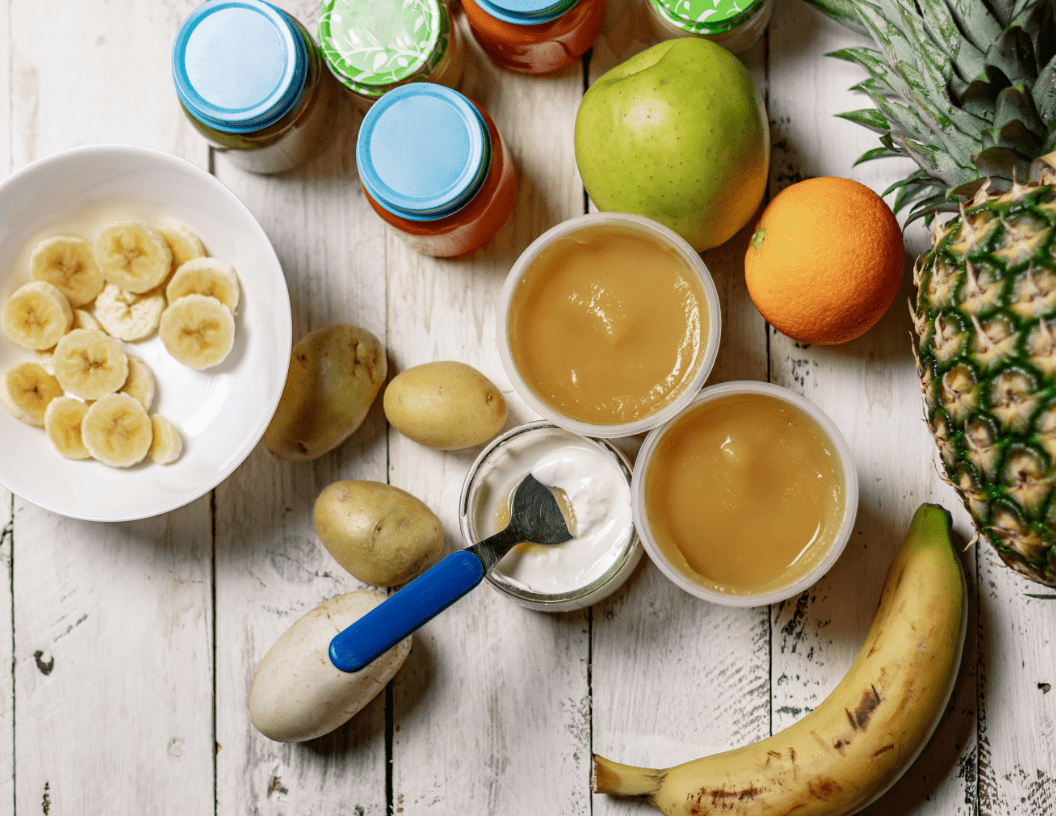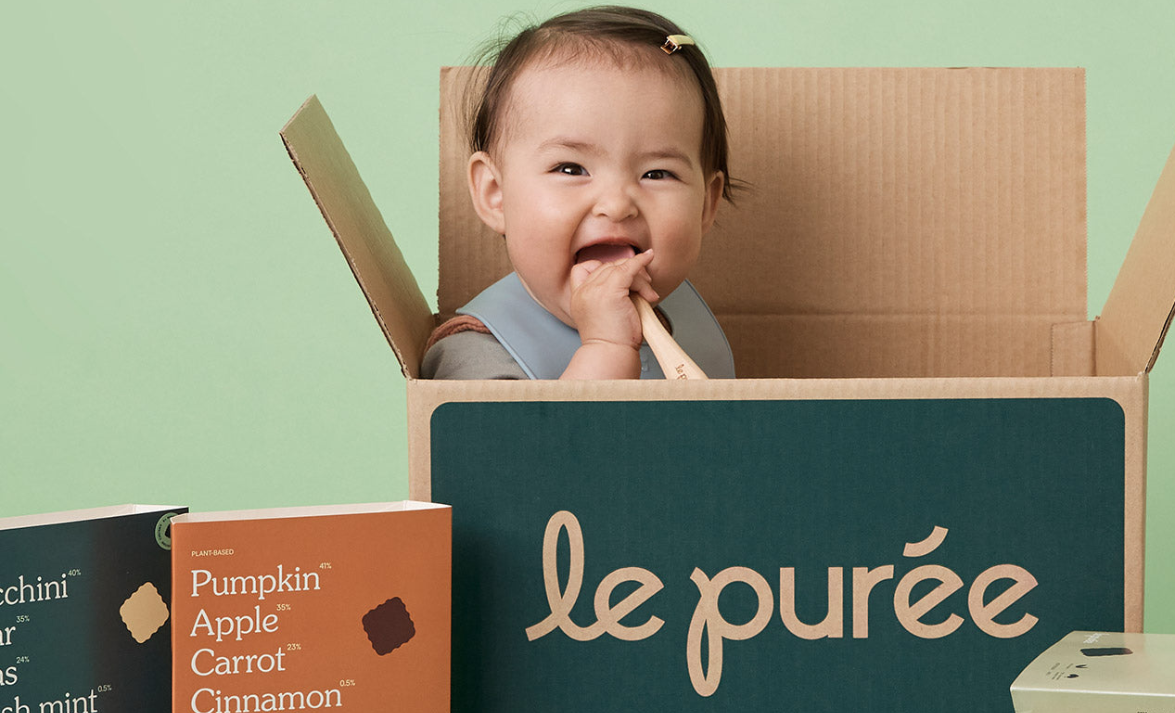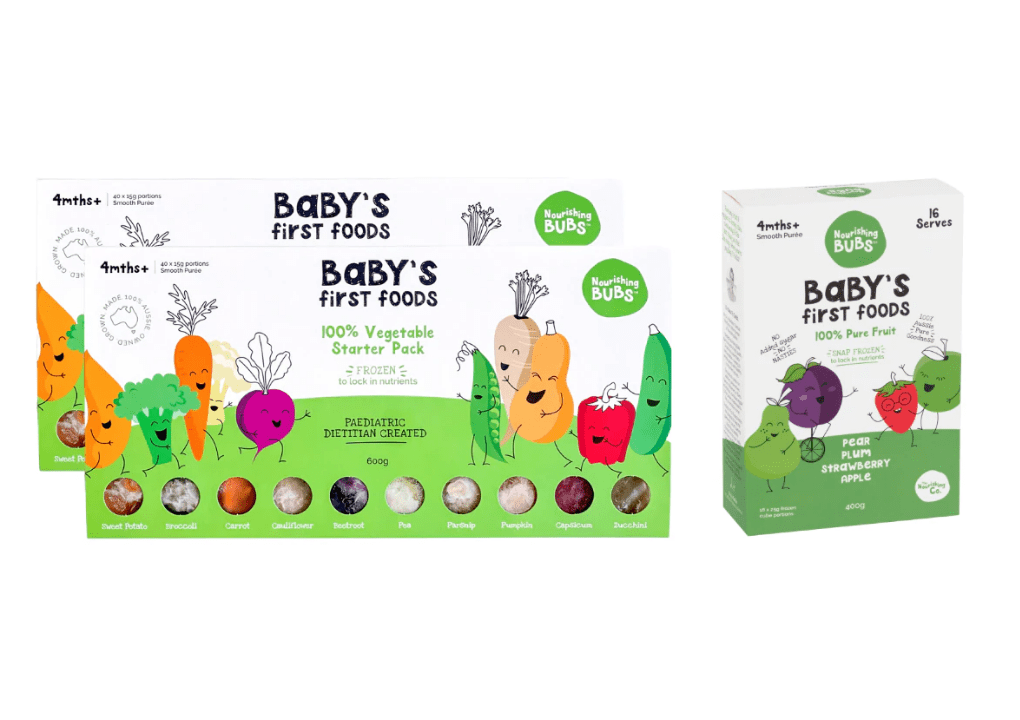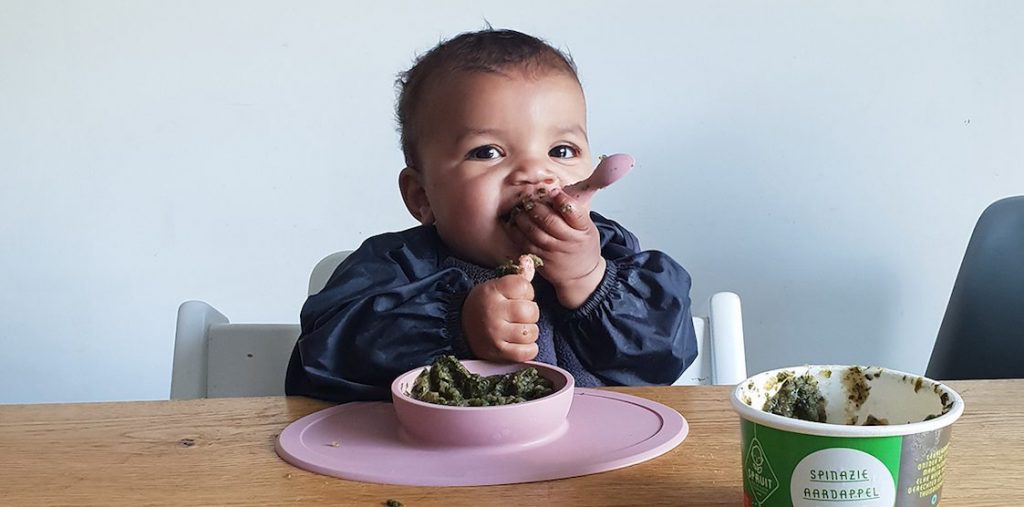- Meal Delivery
Shop by Category
TOP PROVIDERS
POPULAR SEARCHES
Meal Finder Tool

Use our meal finder quiz to find the best meal delivery service for you.
- Vitamin & Supplements
- Deals
- About
- Blog
Baby Food Delivery
Baby Food Delivery
Looking for baby food that you can rely on and continue using as your baby grows? We’ve found Australia’s best baby food delivery options! Compare meals from our list of baby food home delivery providers with help from our key factors and pros and cons list to help you meet the needs of your little one!
Get personalised meal recommendations
Compare Baby Food Delivery
Advertiser Discolure Advertiser Discolure15% Off your first order! Get Deal
Chef-created baby and toddler foods, made from scratch. All Tiny Beets Foods are Australian-made with 100% Australian ingredients.
NSW, VIC, SA
$4.98/serve
Nutritious, high-quality food pouches for children between 6 months - 18 months old delivered to your door.
NSW, VIC, ACT, QLD, NT, SA, WA, TAS
$5.50/serve
Fresh, ready-to-eat meals for babies and toddlers. Bébé Batch uses 100% organic and unprocessed ingredients and all meals are allergen-free, dairy-free and Non-GMO.
NSW, VIC, ACT, QLD, SA, WA
$5.00/serve
Le Puree makes fresh, ready-to-eat meals for babies and toddlers. Le Puree uses organic ingredients curated by paediatric nutritionists and approved …
NSW, VIC, ACT, QLD, SA, WA
$9.95/serve
100% organic and plant-based baby & toddler food, delivered in QLD and Northern NSW. There are no added sugars, salt, preservatives, additives, colours or flavours.
QLD
$1.13/serve
Food items for babies that are 100% Australian-owned, grown and made and created by a Paediatric Dietitian. There are no additives, preservatives, flavours, thickeners or fillers.
NSW, VIC, ACT, QLD
$0.87/serve

